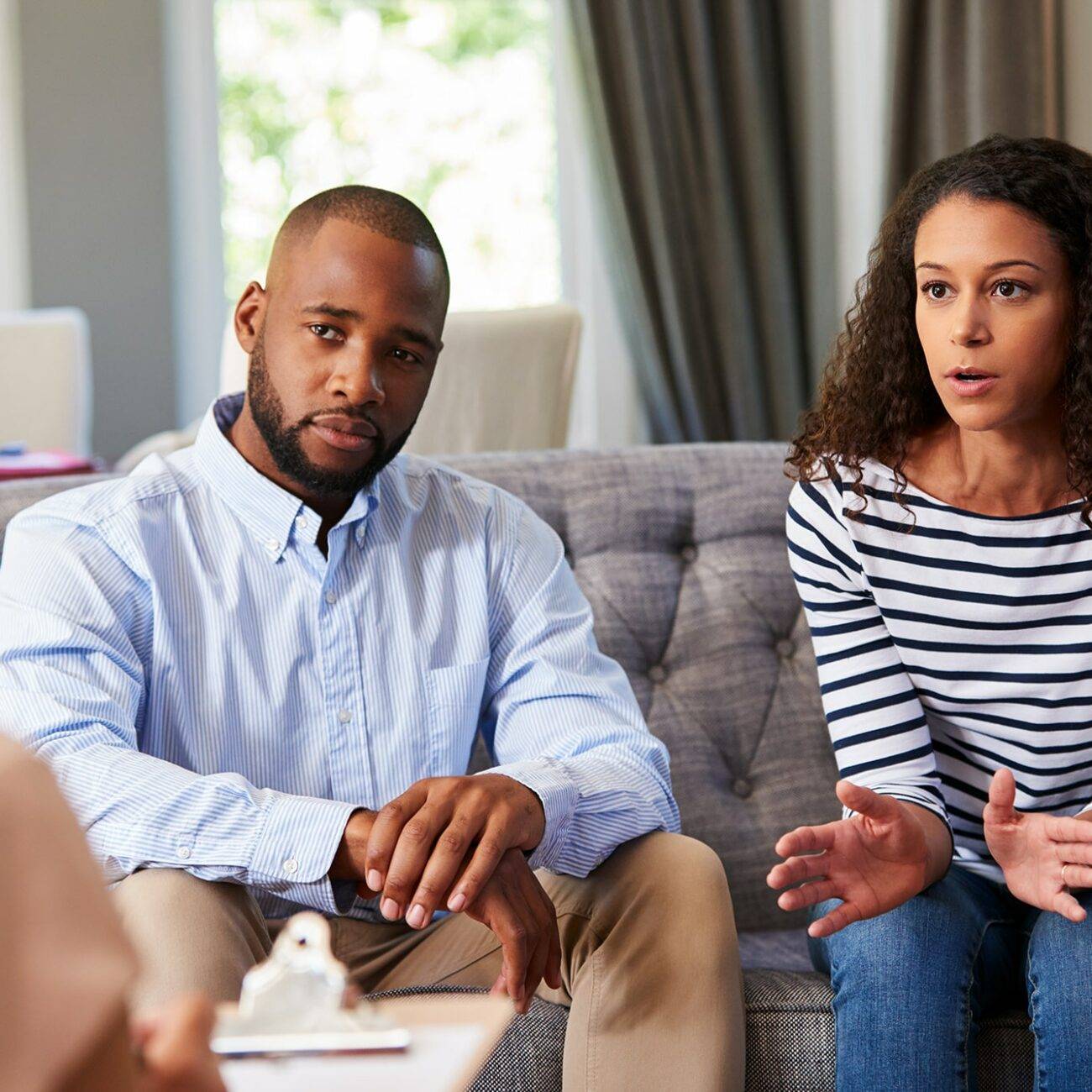Bringing up the topic of couples counselling with your partner can be a delicate task. Whether you’ve noticed ongoing communication issues, unresolved conflicts, or a growing emotional distance, suggesting counselling can feel intimidating. However, approaching this conversation thoughtfully can help create a supportive environment where both of you feel heard and understood.
In this guide, we’ll explore practical strategies for introducing the idea of couples counselling to your partner, helping you navigate this critical conversation with care and respect.
Reflect on Your Intentions
Before discussing couples counselling with your partner, take some time to reflect on why you believe it could be beneficial. Are you looking to improve communication, resolve specific conflicts, or strengthen your relationship? A clear understanding of your intentions will help you express your thoughts more effectively and reassure your partner that your goal is to work together to improve your relationship.
It’s essential to approach this conversation with care and concern for the relationship rather than as a way to point fingers or assign blame. Make it clear that your desire for counselling comes from wanting to grow together, not from dissatisfaction or frustration.
Choose the Right Time and Place
Setting and timing are crucial to how your partner will receive the suggestion of couples counselling. Choose a time when both of you are calm, relaxed, and not distracted by other responsibilities or stresses. It’s best to avoid discussing the topic during an argument or when emotions are high, as this can lead to defensiveness or resistance.
Find a quiet, private space where you can talk openly without interruptions. Providing your partner with a comfortable environment is essential to help them feel supported and safe.
Approach the Topic with Empathy
When introducing couples counselling in Vancouver, approach the conversation with empathy and understanding. Start by acknowledging your partner’s feelings and experiences, and express your feelings in a non-confrontational way. Use “I” statements to communicate your perspective without sounding accusatory or critical.
For example, you might say, “I’ve been feeling a bit disconnected lately, and I think it could help us to talk to someone who can guide us through this. I want us to be as strong and happy as possible, and I think couples counselling could benefit us both.”
This approach shows that you’re focused on the relationship as a whole and that you value your partner’s feelings and input.
Emphasize the Benefits for Both of You
Highlight the positive outcomes that couples counselling can offer, not just for the relationship but for each of you individually. Emphasize that counselling isn’t just about solving issues; it’s also about building more robust, resilient relationships where both partners feel valued and understood.
You can mention how counselling can provide tools for better communication, help you navigate future challenges more effectively, and deepen your emotional connection. By framing counselling as a proactive step toward a healthier relationship, your partner may be more open to the idea.
Be Open to Your Partner’s Concerns
Your partner may have reservations or concerns about couples counselling. They might worry about being judged, fear that the counselling process could be uncomfortable, or feel uncertain about its effectiveness. Take the time to listen to their concerns without interrupting, and validate their feelings by acknowledging that their hesitations are understandable.
If your partner has specific fears or misconceptions about counselling, offer reassurance and provide information to help alleviate those worries. For example, you might explain that a counsellor’s job is to provide a safe, nonjudgmental environment so both partners can work together toward common goals.
Suggest Counselling as a Team Effort
Make it clear that you want to pursue couples counselling together. Emphasize that it’s not about one person needing “fixing” or being at fault; instead, it’s about working together to strengthen the relationship. This team-oriented approach can help your partner feel less defensive and more willing to engage.
You might say, “I see counselling as something we can do together to improve our relationship. It’s not about blaming anyone—it’s about us finding ways to be happier and more connected as a couple.”
Offer to Research Counsellors Together
To make the idea of couples counselling more approachable, suggest that the two of you research potential counsellors together. This lets both of you feel involved in the decision-making process and ensures you find a counsellor who is a good fit for both partners.
You can start by looking for local counsellors who specialize in couples therapy, reading reviews, and discussing your preferences for the counselling process. This collaborative approach can help your partner feel more comfortable and invested in the idea.
Be Patient and Give Your Partner Time
Introducing the idea of couples counselling is a significant conversation, and it’s essential to be patient with your partner’s response. They may need time to process the idea, reflect on their feelings, or ask questions before deciding. Avoid pressuring them for an immediate answer, and instead, let them know that you’re open to discussing it further whenever they’re ready.
You might say, “I know this is a big step, and I don’t expect us to decide immediately. I just wanted to start the conversation, and I’m here to talk more about it whenever you’re ready.”
Being patient and giving your partner space to think things over can lead to a more thoughtful and collaborative decision.
Conclusion
Suggesting couples counselling to your partner can be a delicate task. Still, with empathy, understanding, and clear communication, you can approach the conversation in a way that fosters openness and collaboration. By focusing on the benefits for both of you and presenting counselling as a team effort, you can help create an environment where your partner feels comfortable exploring this option.
Suppose you’re both ready to take the next step. In that case, Peak Potential Counselling provides valuable insights and tools to strengthen your relationship, enhance communication, and deepen your emotional connection.




